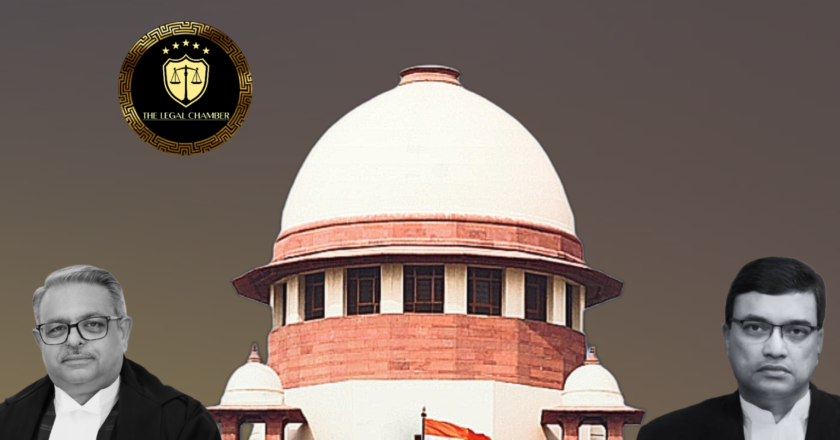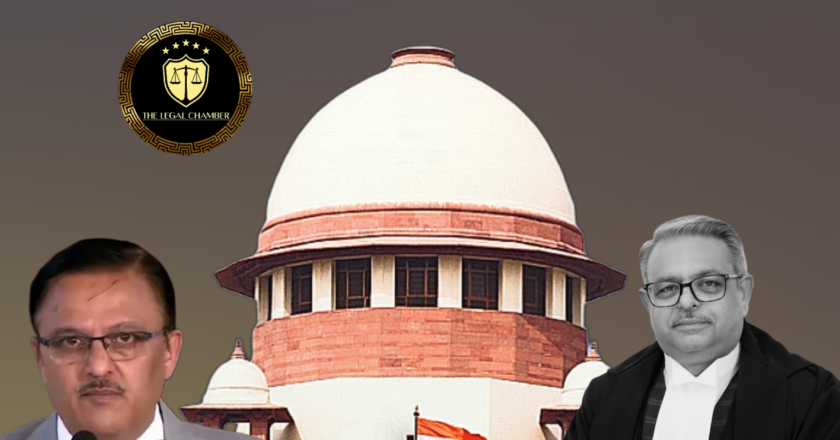Supreme Court Landmark Ruling: Additional Evidence in Appeals Must Align with Pleadings
The Supreme Court held that an appellate court must examine the pleadings of the party seeking to lead additional evidence under Order XLI Rule 27(1) CPC. Permission to adduce such evidence cannot be granted unless the case sought to be established is already pleaded. The matter was remanded for reconsideration on this legal principle.
Facts Of The Case:
The plaintiffs, Iqbal Ahmed and another, filed a suit for specific performance of an agreement to sell dated 20.02.1995 against the defendant, Abdul Shukoor. The plaintiffs claimed they had agreed to purchase the defendant's house property for ₹10,67,000, having paid ₹5,00,000 as advance. They pleaded that they had sold their own immovable properties to arrange the funds for this purchase and were always ready and willing to perform thei...


